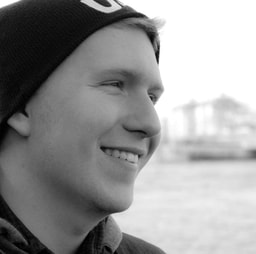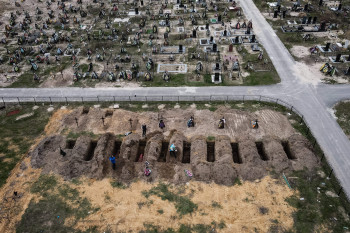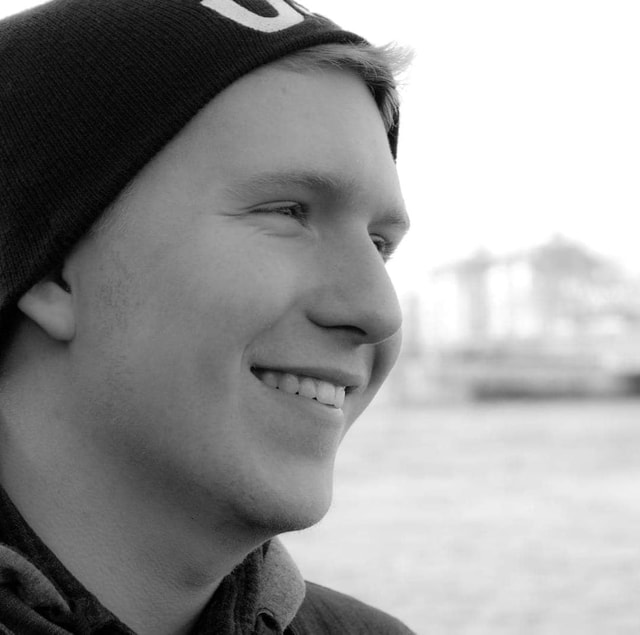Ukrainian authorities in Brussels renew calls for special Russian war crimes tribunal

BRUSSELS – For nine agonizing minutes, images of the victims of Russia’s war in Ukraine flashed before the eyes of EU dignitaries in Brussels, the heart of Europe, on Sept. 5. The 6,400 photos, all verified by independent authorities, provide evidence of Russian war crimes committed against civilians in Ukraine.
While the images, many graphic and disturbing, flashed across the screen, real intercepted phone calls of Russian soldiers gloating of their crimes played for all to hear. Russian wives give their husbands permission to rape, while soldiers gloat over looting, torture, and murder.
“Russian War Crimes,” an exhibition organized by the Office of the President of Ukraine, alongside the Victor Pinchuk Foundation, tells the story of Russia’s numerous atrocities committed in Ukraine and serves as a platform for talks on bringing Russian war criminals to justice.
It is now available to the public and will run until Sept. 15.
Growing burden of evidence
Prime Minister Denys Shmyhal, during his first visit to Brussels for the Ukraine-EU Association Council discussion, opened the event before a packed room of international press. Earlier in the day, Shmyhal had concluded several agreements with EU authorities on trade liberalization and integration into the EU’s Digital Single Market.
“This (exhibition) is painful evidence of the war crimes committed in Ukraine and forms the evidentiary base, the reality, of this bloody war which is aimed at, not only denying Ukrainian statehood, not only taking over Ukrainian lands, but to destroy Ukrainians as a people, as a nation,” Shmyhal told visitors of the exhibition.
In his address, the Prime Minister told of torture, looting, rape, mining the bodies of the deceased, and shelling of residential areas in cities such as Bucha, Irpin, Mariupol, and other places in Ukraine.
“This is an exhibition of many photographs taken all over Ukraine. This is just a snapshot of the war crimes committed by Russia,” the official said. “We need to disclose these crimes and all the perpetrators should be brought to justice, all murderers should be brought to justice.”
Speaking from the podium at the event, Roberta Metsola, President of the European Parliament, stated that the photos on display at the event demonstrated the “atrocities of war in Ukraine and the cruelty of Putin’s regime.”
“The destruction, civilian suffering, the deadening silence that follows the detonation of bombs, the mass killings in Bucha and other Ukrainian cities will leave no visitor indifferent. These photographs are testimony to the sacrifice of Ukrainians in the name of our collective freedom,” Metsola said.

Russia’s war crimes in Ukraine are well documented and are now part of a rapidly growing case in the International Criminal Court (ICC). Forty-three member nations of the international judicial body have submitted evidence of Russia’s crimes, however, the ICC lacks the jurisdiction to prosecute Russia’s state-level aggression in Ukraine.
Special war crimes tribunal
During the event, Ukrainian authorities once again called for the establishment of a new special war crimes tribunal to prosecute high-level Russian war criminals, outside of the structures of The Hague-based ICC.
Ukraine’s Foreign Minister Dmytro Kuleba first called for the establishment of a special tribunal in July, stating that the ICC currently lacks the capacity to probe into crimes of “aggression” in Ukraine, rather than simply prosecuting individuals under the charge of war crimes.
In the absence of concrete structures to try Russia for its aggression, Kuleba previously vowed to “come back to the basics of international criminal justice to create such tools.”
“The ICC in The Hague can prosecute genocide, crimes against humanity, and war crimes. But it is also important for us to ensure the individual responsibility of the Russian leadership for the most serious initial crimes — the crime of aggression,” said Head of the Office of the President of Ukraine, Andriy Yermak, who appeared at the Sept. 5 event in Brussels by livestream.
Yermak said that, since the start of Russia’s full-scale invasion of Ukraine, officials had recorded over 45,000 crimes related to Russia’s aggression, more than 31,000 of which are war crimes.
“This is only the data that we already know. Daily shelling of peaceful neighborhoods, mass murders, torture and rape, mass deportation to Russia – we still have an incomplete picture of Russian invaders’ crimes in the occupied territories,” Yermak said.
It is still not possible to accurately count the number of civilians killed by Russian forces during their assault on Ukraine’s eastern city of Mariupol. The Mariupol City Council states that the real number of victims during Russia’s relentless bombing of the city may far exceed the previously estimated 22,000 civilian casualties.
Yermak refused to talk about the civilian death toll from cities such as Bucha and Mariupol, saying that any figure he provided would “greatly underestimate” the true number. “We are afraid that a new tragedy will become known. We are afraid that the world will have to learn new names, new words scarier than Bucha,” he said.
Individual crimes committed by soldiers and officers of the Russian army are described by Yermak as “only the tip of the iceberg.” The special tribunal that Ukraine wants to establish would seek to bring senior members of the Russian dictatorship to justice.
“The main culprits are those who have started this terrible war…our goal is a fair trial and legal retribution. Time will tell how it will happen, but justice cannot be stopped,” Yermak said.
Russia’s illegal war against Ukrainian people
In March, the International Court of Justice (ICJ) called for the immediate suspension of Russia’s military operations in Ukraine, rendering Russia’s invasion illegal as per international law.
Similarly, the European Court of Human Rights (ECHR) called on Moscow to stop its military attacks against civilians and medical infrastructure. Despite this, Russia has attempted to bypass the binding rulings of ICJ and has outright ignored the demands of the ECHR. In June, Russia voted to quit the ECHR, in an act Metsola described as “cowardly.”
Ukrainian authorities say that the work of the new Special Tribunal would “complement” the work of the ICC and other criminal courts investigating reports of genocide. Seven countries have already officially recognized that Russia is committing genocide against the Ukrainian people in its invasion.
European Commissioner for Justice, Didier Reynders, lent his support for the prosecution of Russian war crimes and stated that the European Commission was “open to discussing” the possibility of a special tribunal.
“It is important to try to use all the possible tools to have real accountability, which is our goal for the next days, weeks, months, and if it is needed, the next years,” Reynders told the press.

Ukrainian Prime Minister Denys Shmyhal, alongside European officials, looks at photos of Russia’s war crimes in Ukraine captured by photojournalists from the Ukrainian Association of Professional Photographers at the “Russian War Crimes” exhibition in Brussels on Sept. 5, 2022. (Dylan Carter)Victor Pinchuk, a Ukrainian oligarch and founder of the Yalta European Strategy (YES) annual forum, first unveiled the “Russian War Crimes” exhibition to world leaders during the World Economic Forum in Davos in May, where Pinchuk rented “Russia House,'' renaming it “Russia’s War Crimes House.” Unveiling the pictures of war crimes again in Brussels, the oligarch lamented that the collection had grown.
“For me, it’s very depressing to see that unfortunately, we have much more images, much more tragic, very powerful images compared to what was shown in May,” Pinchuk said.
Amid the mounting reports of Russian war crimes and an ever-growing burden of evidence, Metsola pledged the European Parliament’s commitment to Ukraine.
“I want to assure you, we will not turn a blind eye to the horrific attacks on your country, on your people. We stand firmly with our Ukrainian friends and will do whatever it takes to bring the perpetrators of these crimes to justice,” Metsola said.
“Russian War Crimes” opened on Sept. 5 and will run until Sept. 15 at the Ukrainian Civil Society Hub, in the former Europe Station in front of the European Parliament building in Brussels, Belgium. Entry to the exhibition is free to the public.










